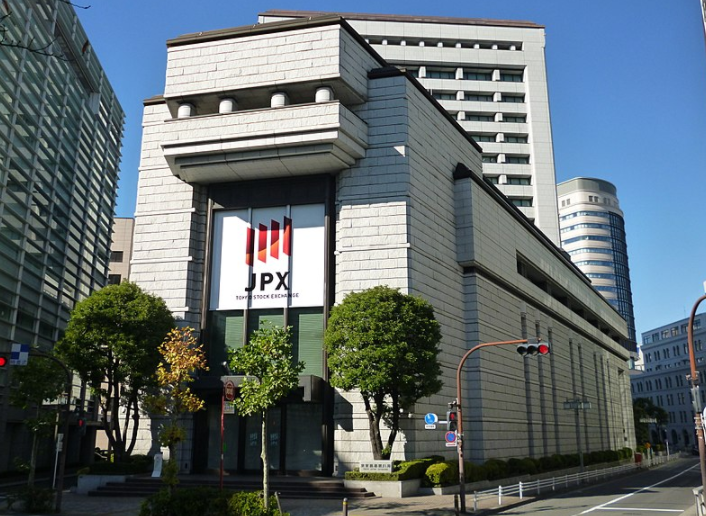Shares of technology companies were the growth leaders in the MSCI index of the Asia-Pacific region outside of Japan. The indicator rose by 0.5%. The South Korean Kospi Index added 0.2%, the Taiwanese Taiex - 0.6%.
Shares of South Korean Samsung Electronics went up by 1.5%, Taiwanese Foxconn - by 1.8%. The Japanese Nikkei 225 decreased by 0.1%, remaining near the high since mid-1996. Since early October, the index has grown by 8%.
Chinese Shanghai Composite fell by 0.7%, Hong Kong's Hang Seng grew by 0.1%. The Australian S & P/ASX 200 index added 0.3%.
The shares of energy companies also demonstrated positive dynamics. Earlier, Brent crude oil prices reached their peak since July 2015, after Saudi Arabia agreed to support the extension of the global agreement to reduce oil production.
The world stock markets have been on the rise since the beginning of the year, which is supported by solid corporate profits and positive economic data for the main countries.
The MSCI World index has grown by 17.6% since the beginning of 2017 and is preparing to demonstrate the maximum growth since 2013.
"Continued quantitative easing (QE) in Europe, while Japan remains focused on QE, and the US is only gradually tightening [monetary policy], stresses that global monetary conditions will remain mild for a long time," said Shane Oliver, chief investment officer, strategist at AMP Capital. "This, along with strong economic growth and profits, largely explains why global stock markets are so strong," he added.
Earlier, the Board of Governors meeting changed the parameters of the QE program, following the results of the October. The regulator confirmed that it will make monthly purchases of assets of € 60 billion by the end of December 2017. Since January 2018, the ECB will conduct monthly asset purchases of € 30 billion by the end of September 2018 or longer, if necessary.
source: reuters.com
Shares of South Korean Samsung Electronics went up by 1.5%, Taiwanese Foxconn - by 1.8%. The Japanese Nikkei 225 decreased by 0.1%, remaining near the high since mid-1996. Since early October, the index has grown by 8%.
Chinese Shanghai Composite fell by 0.7%, Hong Kong's Hang Seng grew by 0.1%. The Australian S & P/ASX 200 index added 0.3%.
The shares of energy companies also demonstrated positive dynamics. Earlier, Brent crude oil prices reached their peak since July 2015, after Saudi Arabia agreed to support the extension of the global agreement to reduce oil production.
The world stock markets have been on the rise since the beginning of the year, which is supported by solid corporate profits and positive economic data for the main countries.
The MSCI World index has grown by 17.6% since the beginning of 2017 and is preparing to demonstrate the maximum growth since 2013.
"Continued quantitative easing (QE) in Europe, while Japan remains focused on QE, and the US is only gradually tightening [monetary policy], stresses that global monetary conditions will remain mild for a long time," said Shane Oliver, chief investment officer, strategist at AMP Capital. "This, along with strong economic growth and profits, largely explains why global stock markets are so strong," he added.
Earlier, the Board of Governors meeting changed the parameters of the QE program, following the results of the October. The regulator confirmed that it will make monthly purchases of assets of € 60 billion by the end of December 2017. Since January 2018, the ECB will conduct monthly asset purchases of € 30 billion by the end of September 2018 or longer, if necessary.
source: reuters.com





